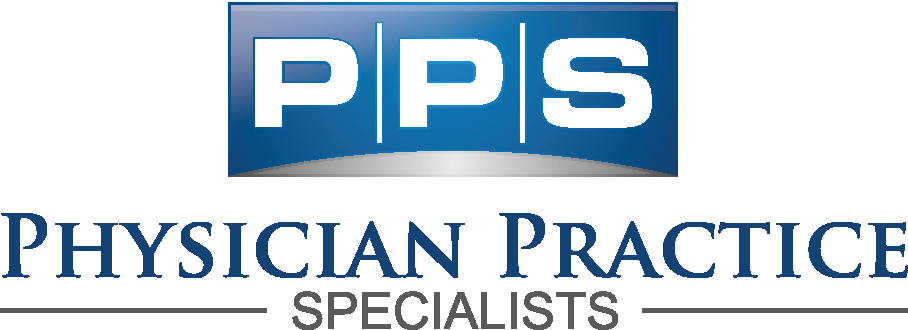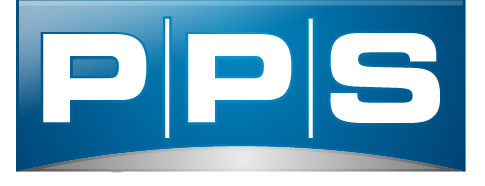I think it would be fair to say that every practice or organization wishes they could speed up the credentialing/payer enrollment process. You would think that with the advancements in technology, centralized databases such as CAQH and billions of dollars, we could actually create an insurance enrollment process that worked for payers AND providers. It hasn’t happened yet and we’re not holding our breath. This article will give you a handful of tips that we recommend to help expedite the process. They are based on our experience over the past ten years with handling the credentialing process for our 2000+ providers.
As you likely know since you’re on our website, we are a nationwide credentialing and provider enrollment company with approximately 2500 providers that we service on a monthly basis. In addition to all the enrollment & credentialing work, we also set up an average of 100 new practices each year. All of this experience, along with our incredibly talented team, has afforded us some unique insights and strategies that we’ll begin to share with our visitors.
In this article, I’d like to review something that’s easy to adopt and can greatly improve the speed of your organization’s credentialing department. The first tip that I will cover is something that I would really consider to be common sense. Unfortunately, it’s rare that we see a formal plan or policy in place to guide someone through the process. It’s simply called an Escalation Plan, and it’s exactly what it implies. When we’re not receiving the service we deserve, most of us are quick to request assistance from someone else who might be better equipped to help us. This person is typically a team lead or manager and will usually do something to ameliorate the situation.
Every insurance company, including your Medicare administrator such as First Coast or Cahaba, has a supervisor or director that the person you’re speaking with reports to. If you are incessantly being rerouted to a call center, request to be directed to a US based office. Yes, it’s actually as simple as that for many of the payers. If that doesn’t work, you can literally find the local office of your insurance company and pay them a visit. I’ve personally visited multiple Medicare administrators and have the emails and phone numbers for the enrollment supervisors at these same facilities. If your assigned Medicare analyst isn’t returning your call, put in a request for a supervisor. They have to call you back within 72 hours once the request has been made. Just remember to pull this card as a last resort if you’re as it’s often more impactful to be nice but persistent with your enrollment analyst.
As with Medicare, if you’re not getting anywhere with a commercial payer, you need to have a plan in place to address this. For us, it typically involves calling on a friend at the payer to ask them to reach out to our rep and get them off their butt. If that’s not an option, we will take the time to actually visit a payer’s regional corporate office. I’ve had more meetings than I count offices at the offices of companies such as BCBS, Humana, UHC and Aetna to name a few, and many of my personal friends work at these companies. One of the benefits of operating an insurance enrollment company is that we have access to hundreds of contacts within the insurance companies through our different agents. Some of our employees used to work at the insurance company which makes it even easier.
A lot of the regional insurance reps are only in the office once a week and are in the field the rest of the week. You should find out when they’ll be in the office and schedule a meeting or just pop in unannounced. If you can’t track them down or they won’t meet with you, leave a note to their attention and cc their supervisor (supervisor should be last resort). It is true that the payers don’t typically care but the key is to show them that you’re not going to just roll over. We understand that you’re busy but it’s this kind of persistence that really pays off. I guess that’s one of the main reasons so many companies decide to outsource their credentialing.
Here are some of the topics that you have to look forward to over the next few weeks. Be sure and subscribe below if interested in creating and maintaining an efficient credentialing process.
- The Friend-How to get more out of the insurance company in three easy steps
- The Colleague’s Clout- Why who you know is often more important than what you do
- Sympathy Plea- How to effectively cry your way out of any credentialing dilemma
- Payer Rules – Understanding payer credentialing rules and how these rules can save your butt
- Outsourcing Credentialing? Why outsourcing makes sense for some practices
- Opening a Closed Panel – Yes, it’s possible to open a “closed” panel with these creative strategies
- Fighting Back Against Unfair Denials – Plagued with denials? Eliminate them entirely with these credentialing policies





